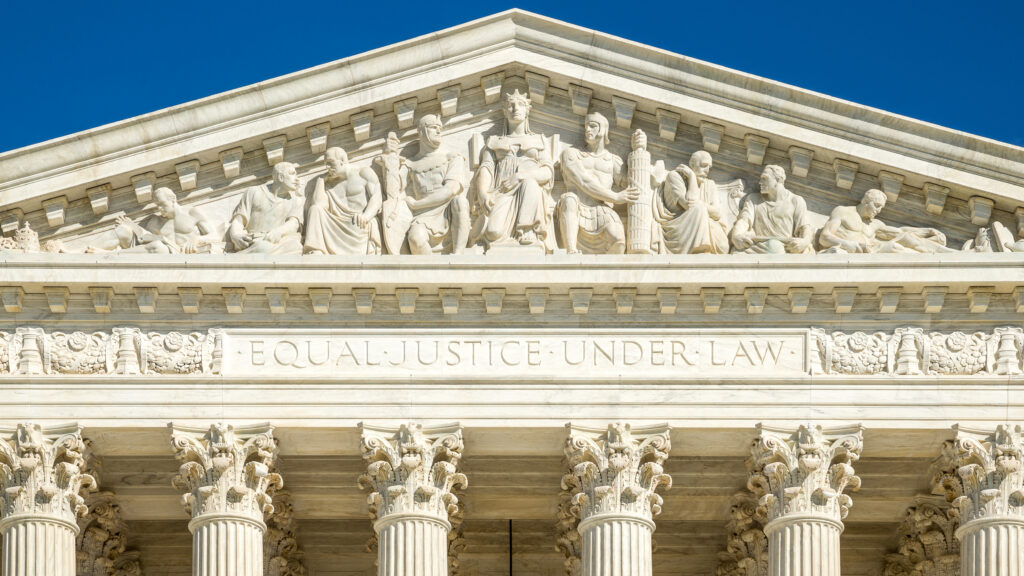Morgan Sweeney | September 28, 2023
(The Center Square) — A Virginia parents group and Fairfax County Public Schools have been locked in a legal battle recently appealed to the Supreme Court – and several legal organizations have filed amicus briefs petitioning the court to hear the case.
Thomas Jefferson High School for Science and Technology – one of the most elite prep schools in the country – changed its admissions policies in late 2020 to include accepting an eligible 1.5% of the 8th grade class of all 26 Fairfax County public middle schools to improve the school’s “equitable access.” If all 1.5% were eligible, that could amount to 30-35% of the 550 incoming first-year students, based on student body numbers on FCPS’ website. If less than 1.5% are eligible, those seats can go to any other eligible applicant.
A group of mostly Asian American parents banded together to form The Coalition for TJ to push back against the policies, as they believed they were unfairly discriminating against Asian students.
The U.S. Court of Appeals for the 4th Circuit ruled in favor of the school on appeal after a district court had ruled in favor of the coalition.
The Liberty Justice Center, a public-interest litigation firm, and several other organizations have filed amicus briefs on behalf of the coalition urging the Supreme Court to hear the case.
Even though K-12 education has policies and legal precedents often distinct from higher education, Liberty Justice Center Senior Counsel Buck Dougherty believes the logic from the recent Supreme Court ruling against affirmative action in college admissions should apply here.
“Chief Justice Roberts wrote the majority opinion, and he’s been very clear with respect to, at some point, we have to move away from affirmative action from decades ago,” Dougherty told The Center Square. “In that case, they talked about the time period – when does it end? Do we just keep going forever to correct racial inequities that were carried out decades ago?”
The center argues that the TJ case could be used to provide needed clarification on a 1977 precedent-setting case that established the importance of “discriminatory intent” in deciding cases alleging racial discrimination.
But, according to the LJC, some courts apply the “Arlington Heights test” more leniently and others more strictly – which amounts to very different outcomes for the parties involved. Some courts say the party alleging discrimination must show that “discriminatory intent was a motivating factor,” while others have noted that both discriminatory intent and “an actual discriminatory impact’ must be shown.
“LJC believes that this is a very important case and provides an appropriate legal vehicle for the court to clear up the confusion and inconsistent application of this legal framework by lower courts,” Buck said.
The center continues by again referring to the Fair Admissions case.
“In striking down affirmative action last term, justices on both sides of the issue agreed that attempting to attain ‘the educational benefits of diversity’ was a noble goal,” LJC wrote.
But by its revised admissions policies, the high school is denying its students the diversity that Asian and Asian American students offer, according to the brief.
Fairfax County Public Schools maintains that it is not making admissions decisions based on race.
“Admissions officials are not informed of any applicant’s name, race, or gender,” according to TJ’s class of 2027 news release, but admissions officers are encouraged to consider “experience factors,” such as whether applicants are economically disadvantaged or are English language learners.
In the release, FCPS celebrates that the school is today “more accessible to students of all backgrounds.”
